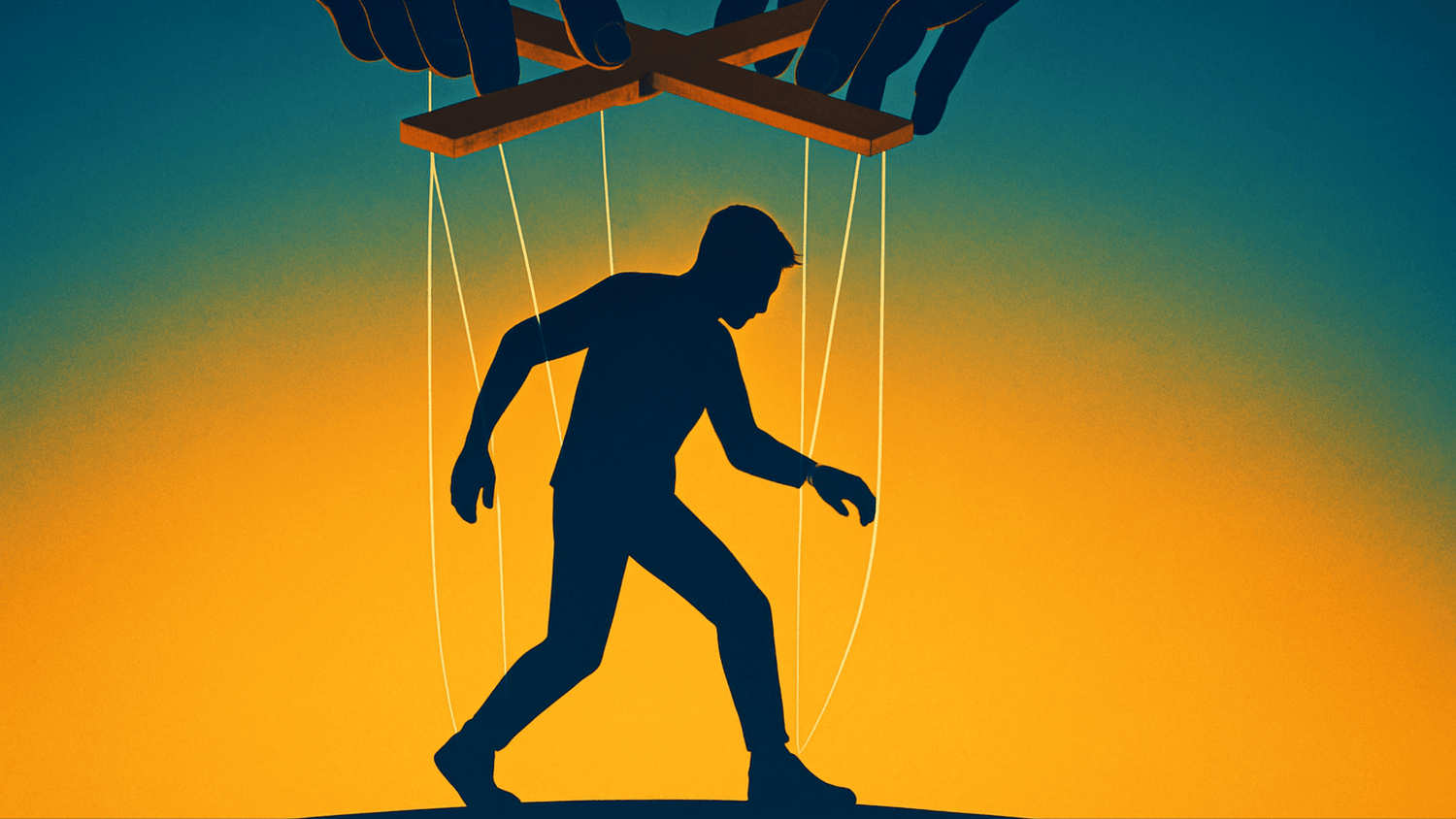Stolen Promise
The Cost of Chasing Identity in the Manosphere
Stephanie Keegan

The rise of the manosphere is one of the most troubling cultural shifts in recent years. It’s a loosely connected online world of forums, influencers, and organizations promoting toxic masculinity, misogyny, and hostility toward feminism. To many young men—particularly Gen Z—these spaces look like a source of strength, identity, and belonging. In reality, they drain individuality and replace it with anger and blame.
The manosphere has gained momentum by preying on young men who feel unmoored. COVID isolation left many searching for connection, and movements like Turning Point USA stepped in with promises of purpose. What began with Charlie Kirk as a bold, young leader became part of a wider culture teaching that frustration has only one answer: find an enemy.
Trad Wives romanticize a past that never really existed, and their male counterparts in the manosphere echo the call to turn back the clock. The targets are familiar—women seeking equality, immigrants, liberals, anyone who challenges a narrow definition of America. By framing identity around opposition, these groups capture youthful energy and channel it into division.
The tragedy is that the very community young men sought has been twisted. Instead of encouragement, they are taught that their value is found in diminishing others. Instead of hope, they are given outrage. The results are playing out across the nation—rhetoric escalating into action, anger spilling into violence.
Charlie Kirk himself embodied the paradox. At 18, he co-founded an organization that could have fostered fresh ideas and genuine debate. But as Turning Point grew, it hardened into rejection rather than curiosity. “Prove me wrong” became less about dialogue and more about shutting doors. Those who didn’t fit the mold were pushed aside, creating a growing army of the disillusioned.
The manosphere thrives on this rejection. It offers identity by stripping away nuance and compassion, convincing young men that strength means opposition, not empathy. The girl next door becomes a rival, the immigrant a threat, the neighbor a suspect. When a generation is taught to see enemies everywhere, it’s not surprising when the lines between ideology and violence blur.
What is lost in the process is the potential of an entire generation. Instead of nurturing creativity, leadership, and independence, the manosphere narrows their vision to suspicion and hostility. This isn’t just a problem for those trapped inside—it’s a wound to democracy itself.
Charlie Kirk’s story is a warning. The movement he built consumed itself, turning its energy inward until the very people it attracted became its undoing. If history is told honestly, it may one day record that the manosphere did not empower young men but robbed them of hope and robbed society of their promise.
The full story uncovers how this culture of anger not only shaped a generation but set the stage for tragedy. Read the complete article to understand how the manosphere’s rise claimed one of its own—and why the cost is far greater than one life. Read Now >>>
